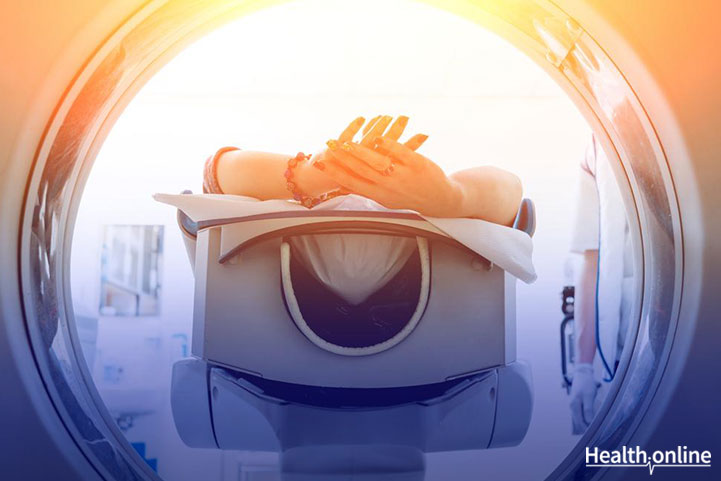
8 Common Side Effects of Radiation Therapy
Radiation therapy employs high doses of radiation therapy to kill cancer cells. The primary aim of radiation is to eradicate as many tumor cells as necessary without causing harm to healthy cells. However, adverse side effects can occur due to the fact that radiation therapy can harm healthy cells and tissues in the areas nearby the tumor site. Although modern radiation technology is very precise, side effects still typically occur within the first few weeks or month of treatment, lasting several weeks following treatment.
As with any disease-fighting treatment or cancer therapy, side effects differ in patients depending on health, age, type of radiation, type of cancer, and how much radiation is given. While there are no absolutes when it comes to how you will react to radiation therapy, these are the most common side effects of treatment:
Fatigue
Fatigue is perhaps the most common side effect of radiation therapy. Learning to cope with fatigue is important during cancer treatment, and a combination of cancer treatments (i.e., radiation and chemotherapy) can leave patients extremely tired and exhausted.
Skin issues
Radiation patients often report skin issues such as peeling or blistering skin, as well as dryness, flaky skin, and itchiness in the area receiving radiation therapy. Skin issues usually diminish in the weeks following treatment.
Women-specific side effects
Women undergoing radiation therapy can experience varying symptoms depending on age. For instance, some women in their menstrual years stopping menstruating. While women of childbearing years can experience infertility if both ovaries undergo radiation. Women in menopause can experience vaginal dryness, itching and burning.
Male-specific side effects
Male radiation patients may also experience sexually-adverse symptoms, especially if treatment is in the groin area—such as low erectile dysfunction and low sperm count.
Vomiting and nausea
Radiation therapy conducted in the stomach or abdominal region can result in nausea and vomiting, as well as diarrhea and digestive discomfort.
Incontinence
If radiation therapy is directed towards the pelvis bladder irritation, urinary urgency, diarrhea, and rectal bleeding can occur.
Cough and breathing issues
Radiation therapy directed at the chest area can lead to shortness of breath, difficulty swallowing, cough and fever (also called radiation pneumonitis), and a condition known as radiation fibrosis, which causes permanent lung scarring.
Mouth and tooth issues
Radiation aimed at the head, mouth, and neck can result in extreme dry mouth, sores in the mouth, jaw stiffness, nausea, difficulty swallowing, tooth decay, and inflammation (or lymphedema) caused by localized fluid retention due to a compromised lymphatic system.




